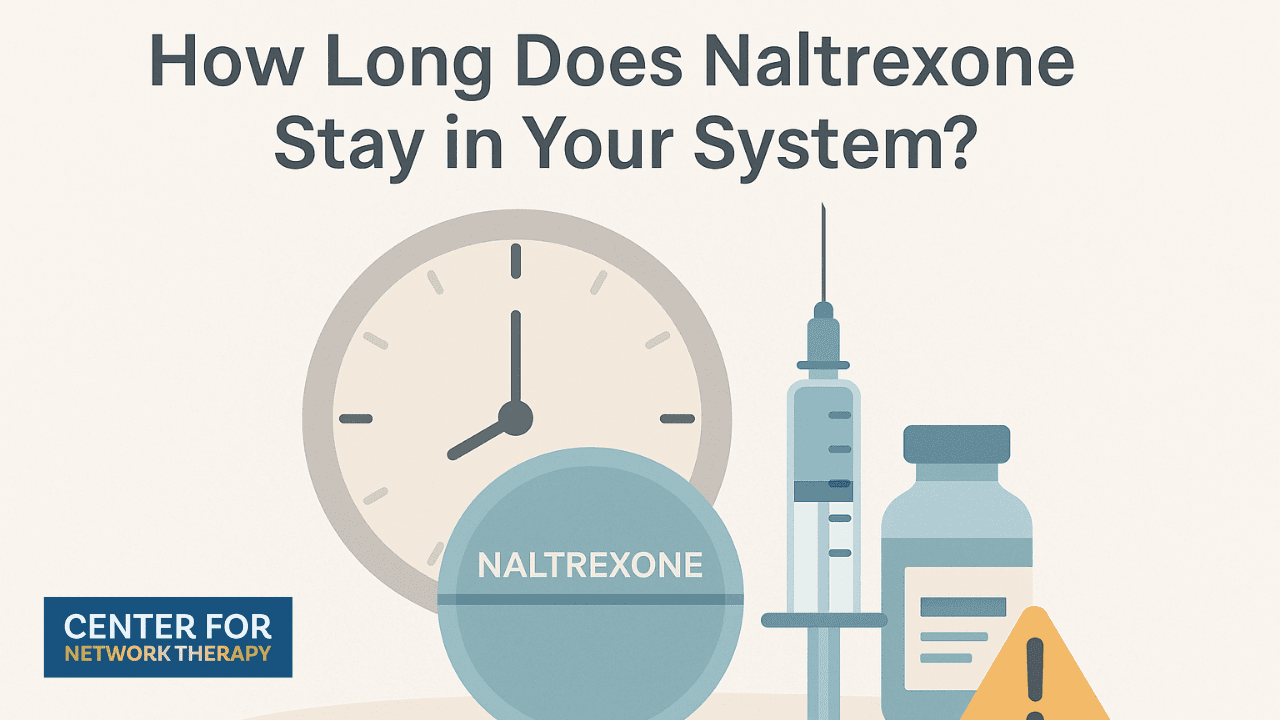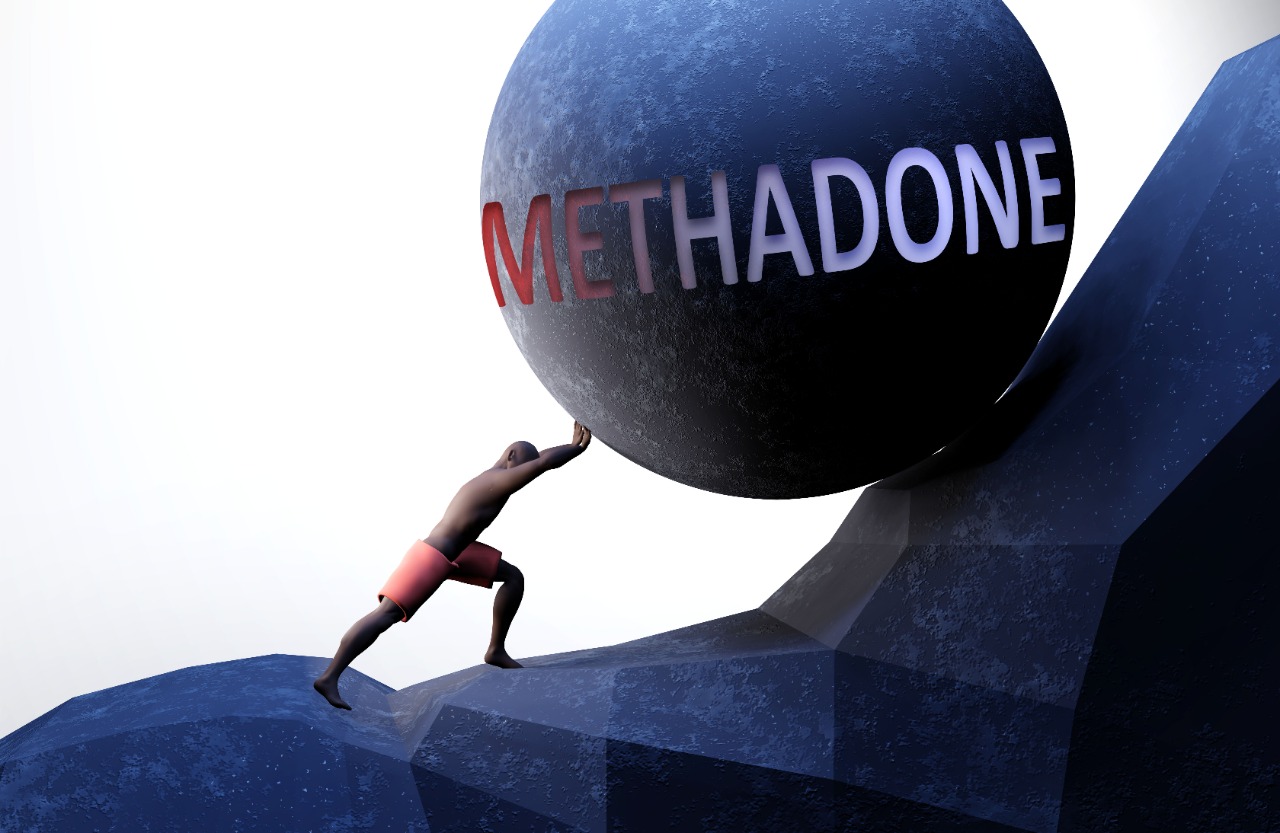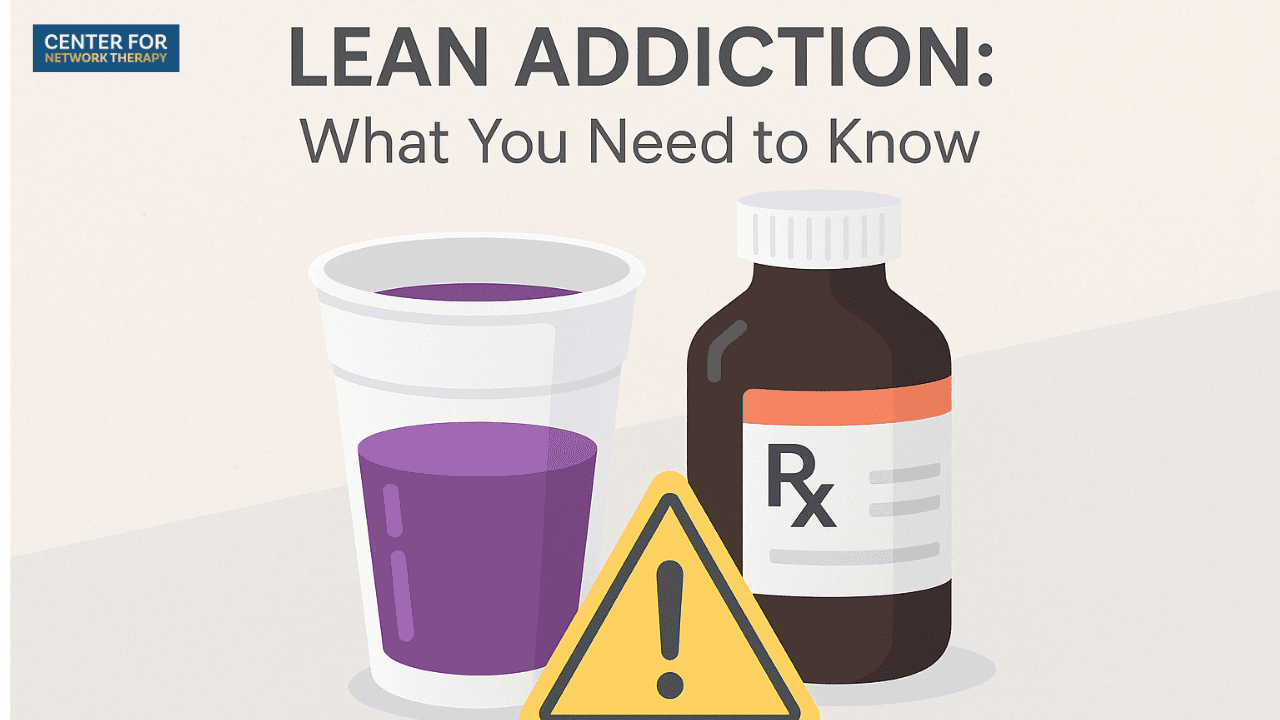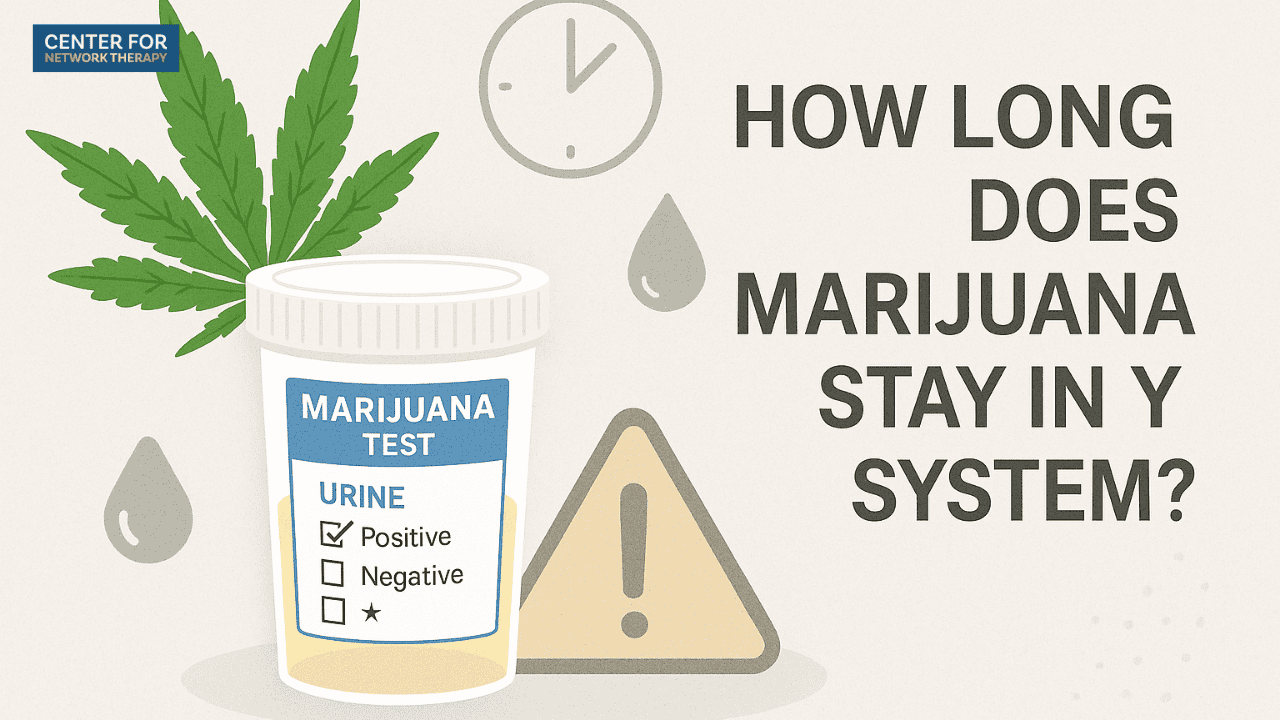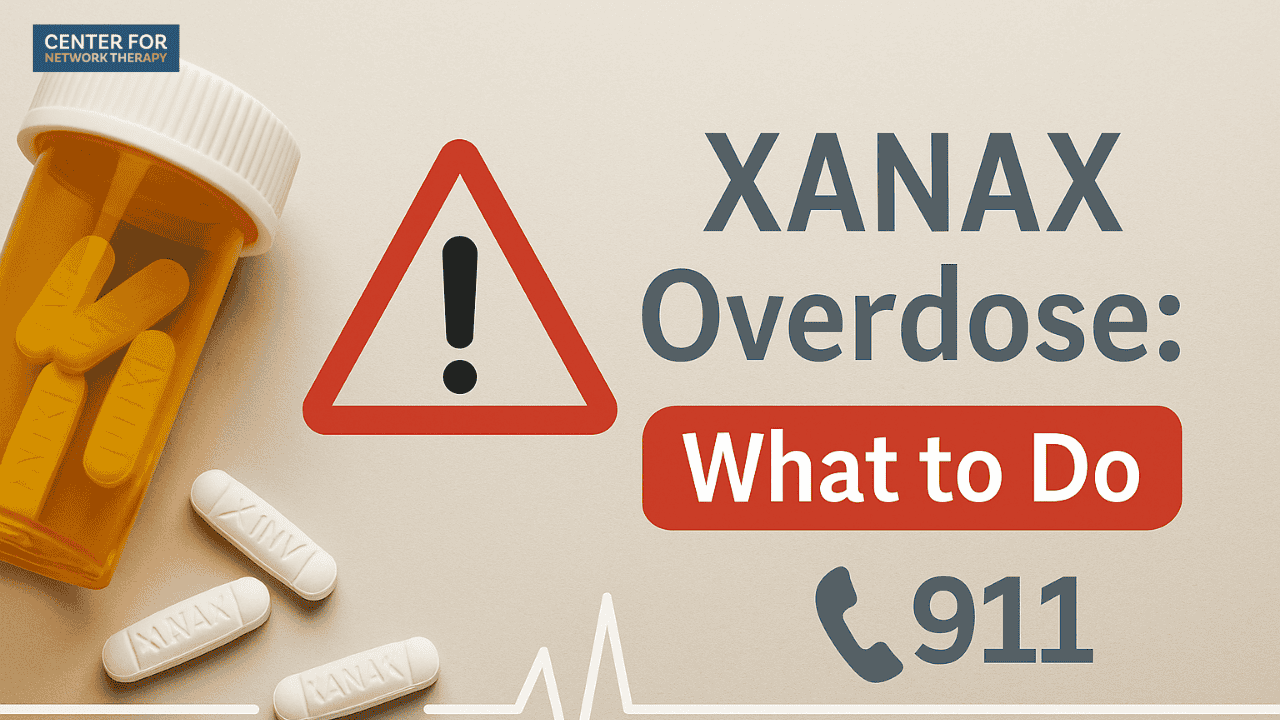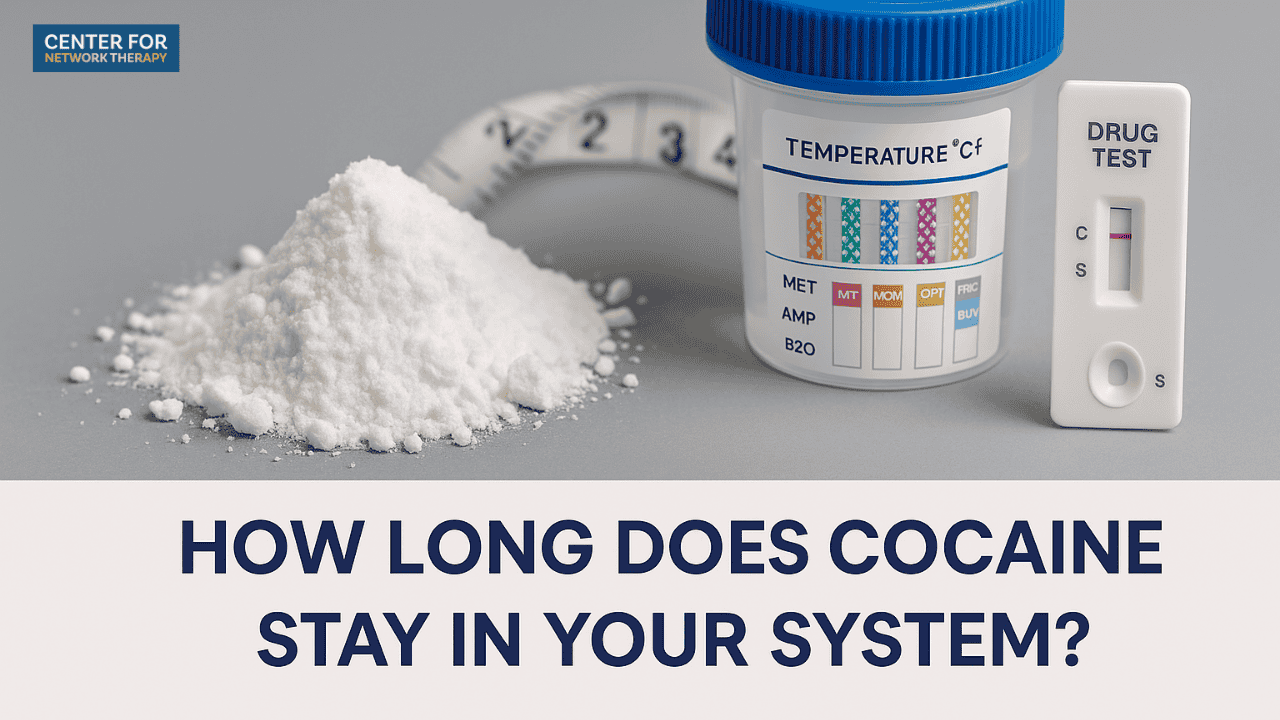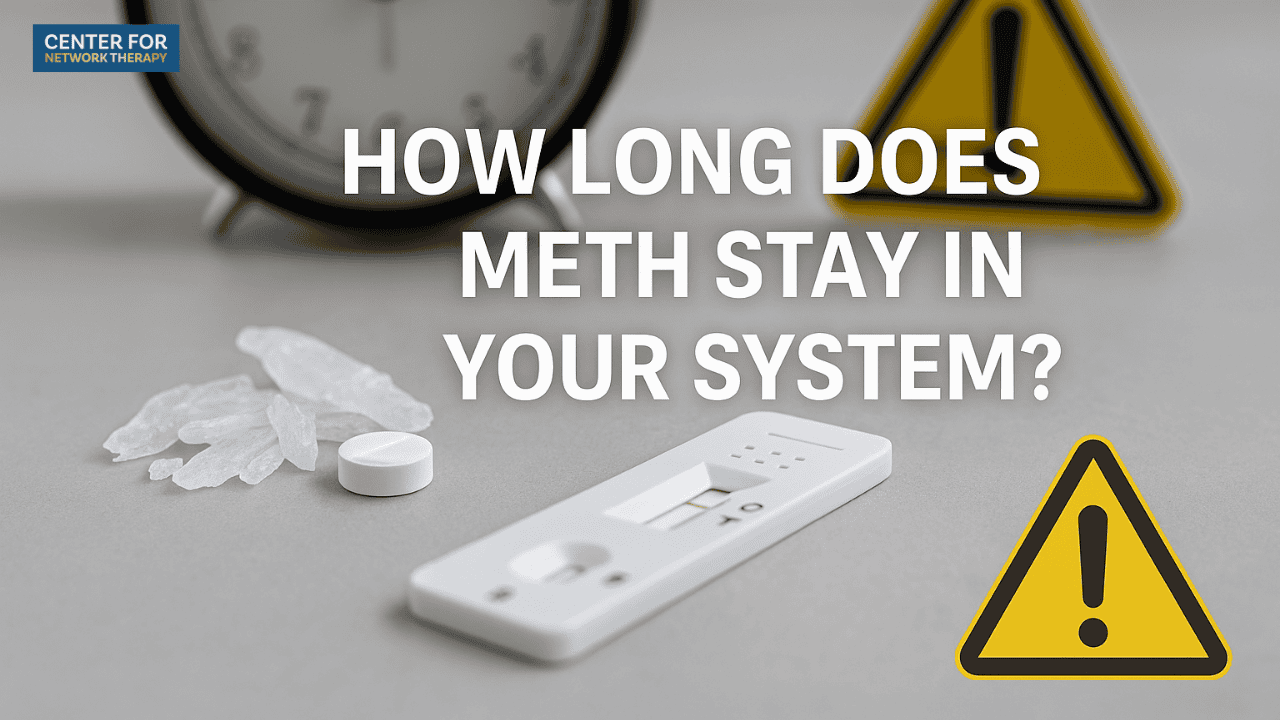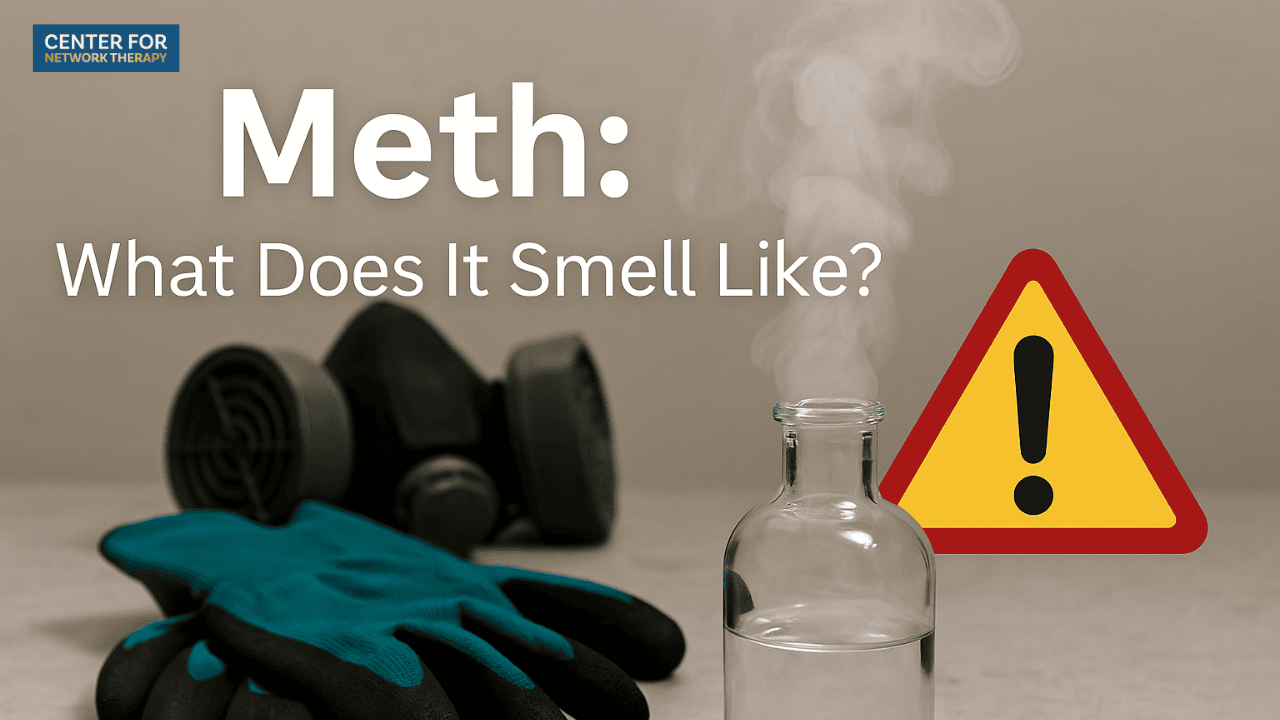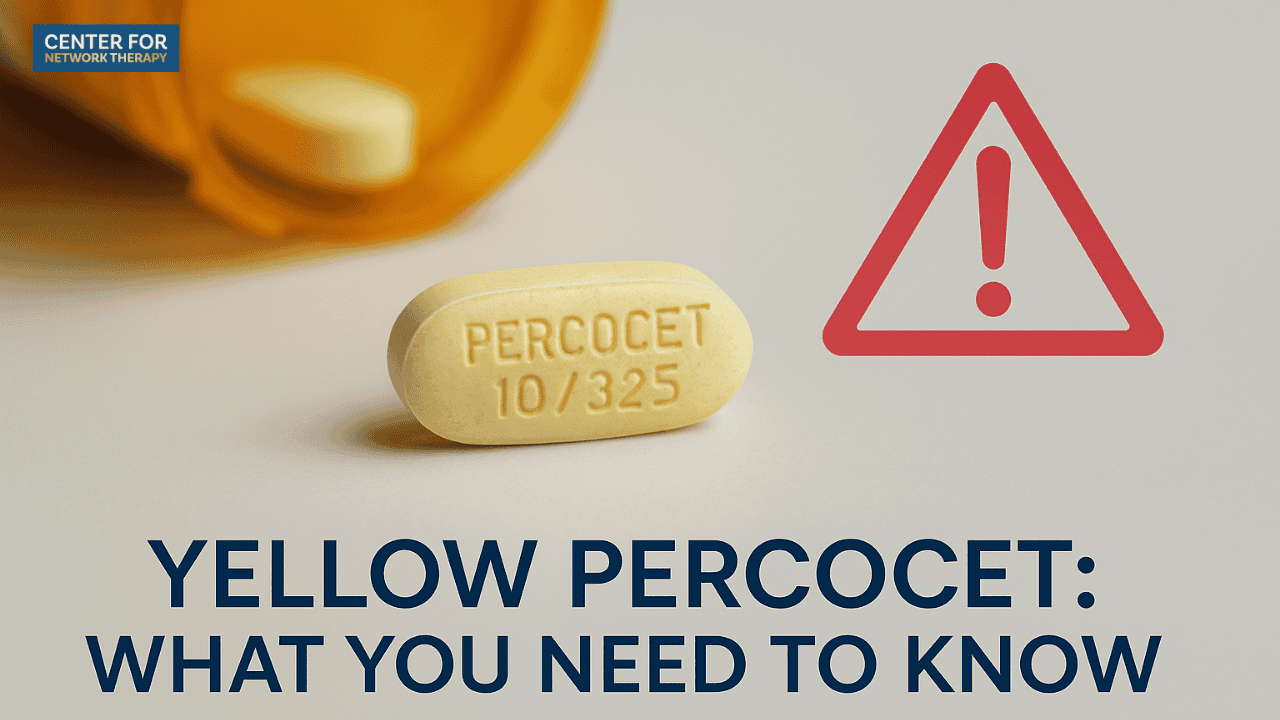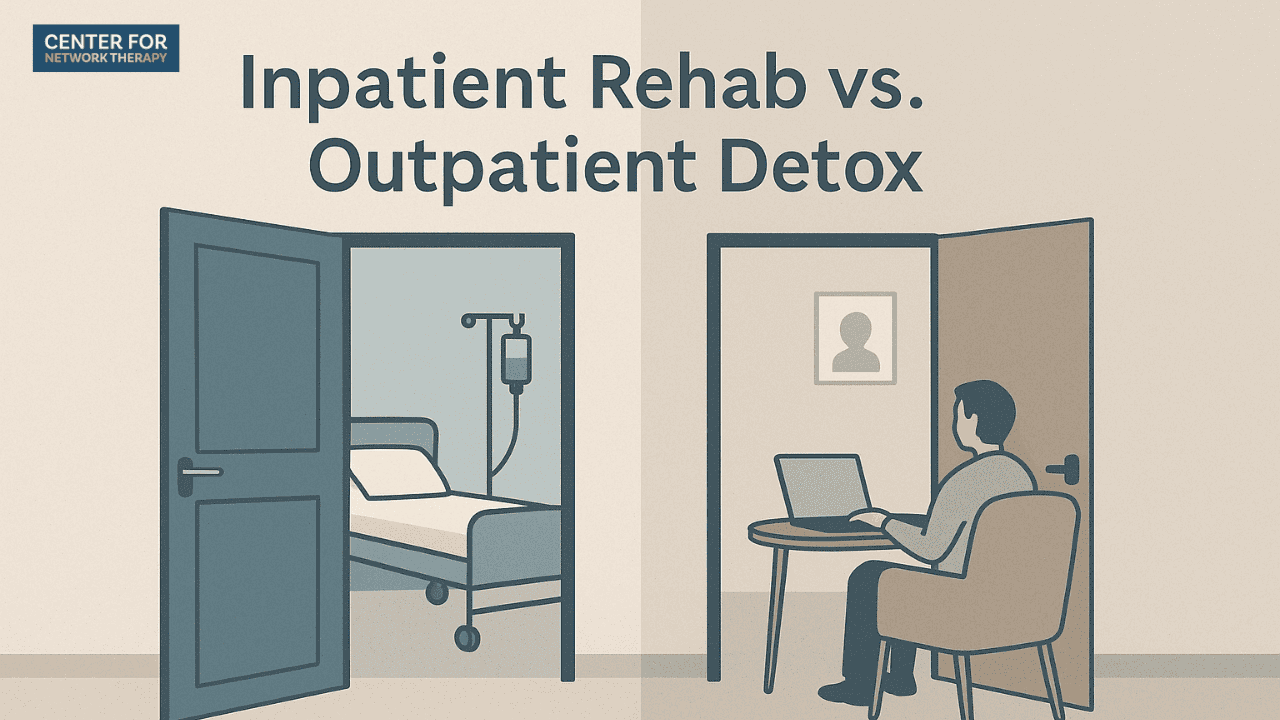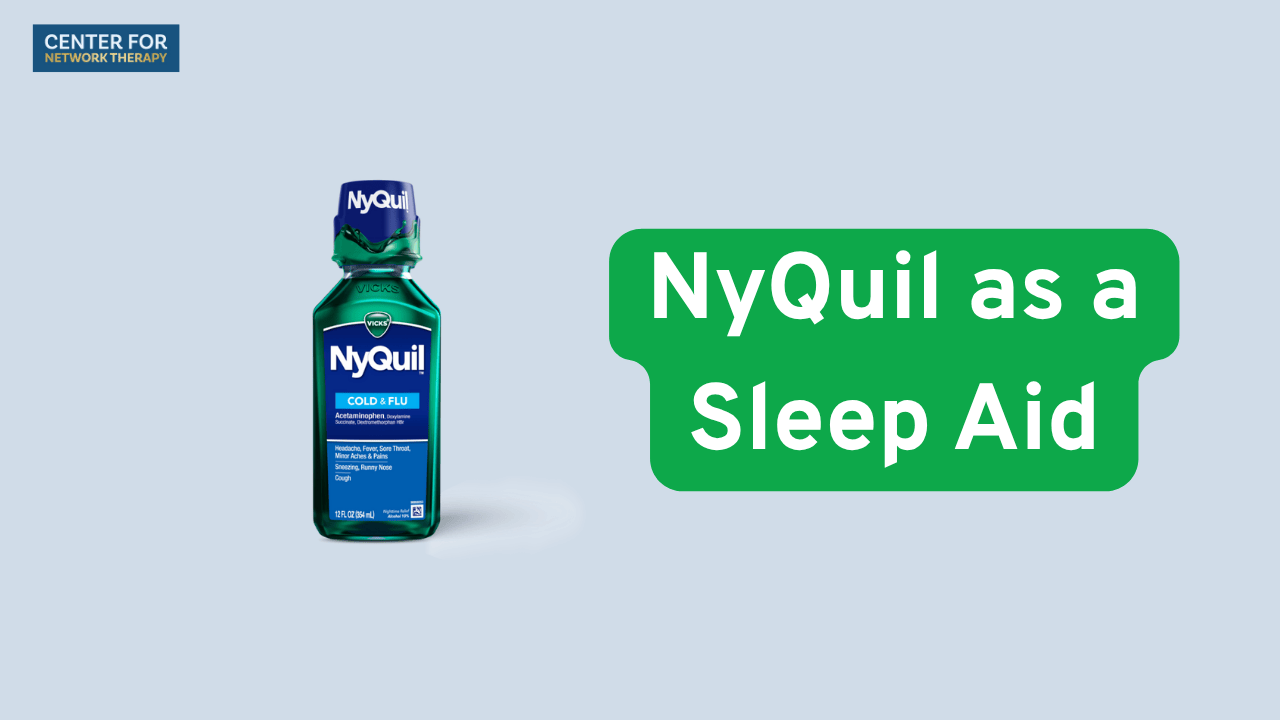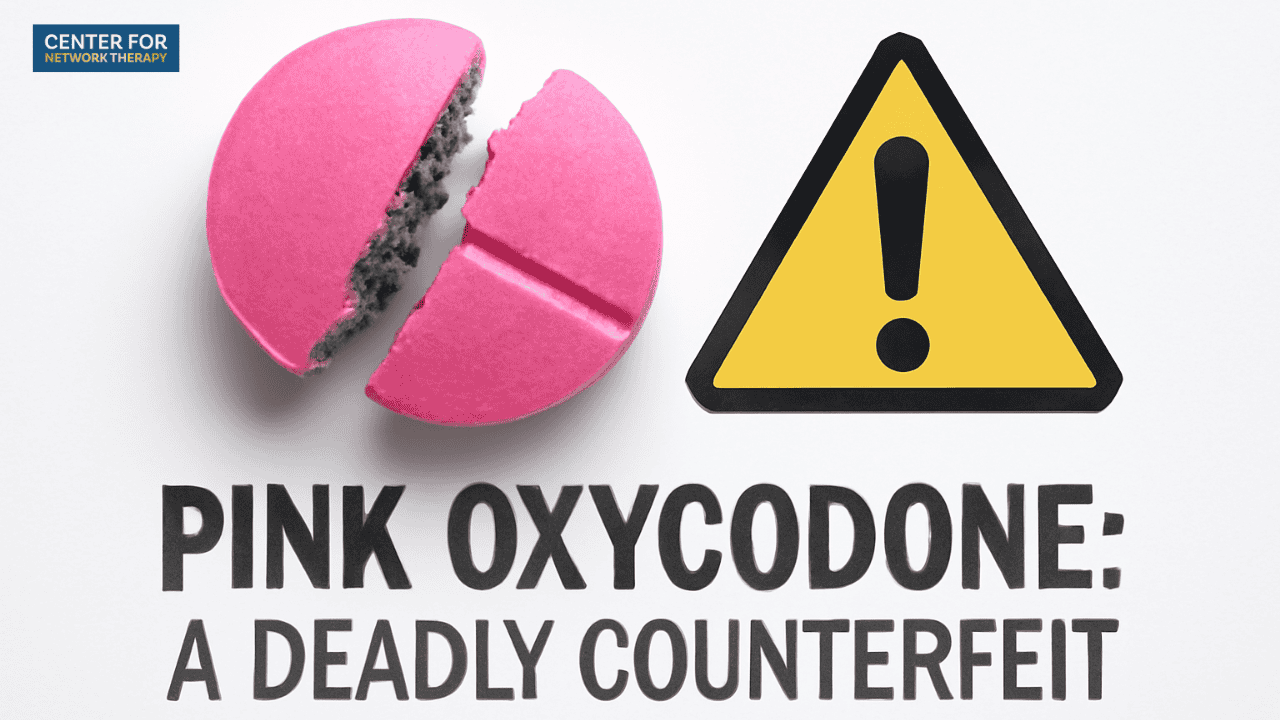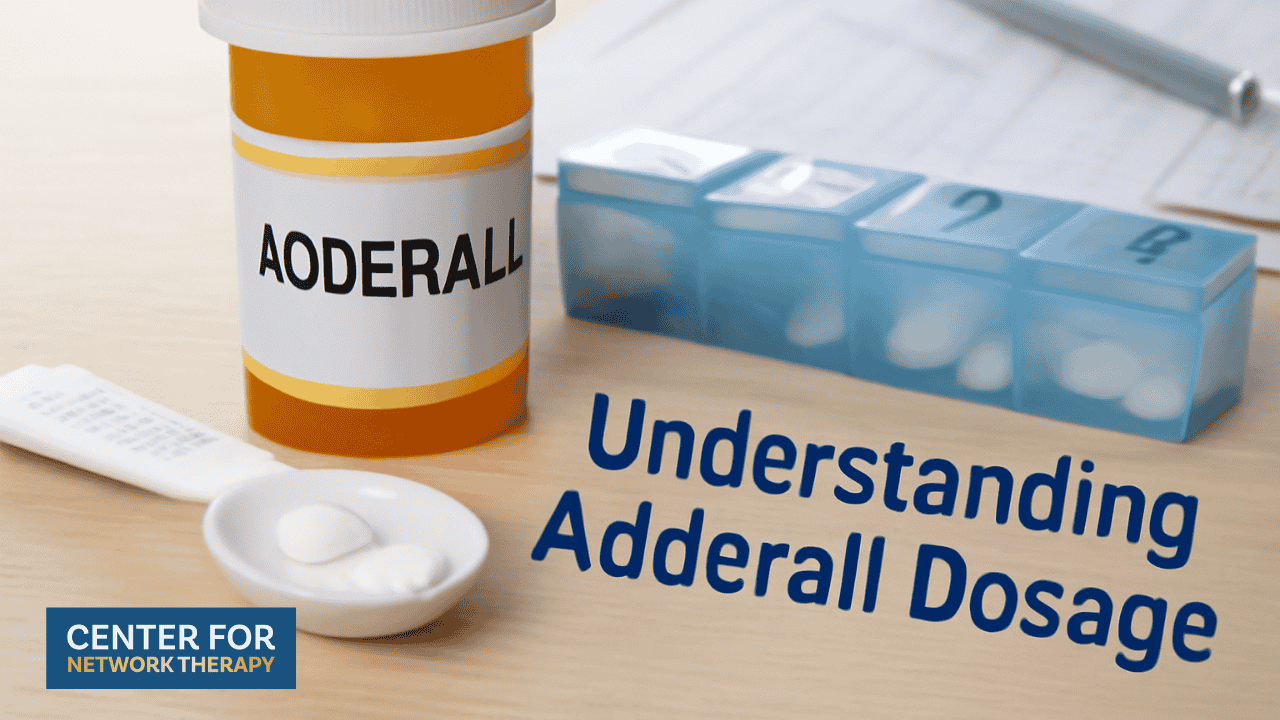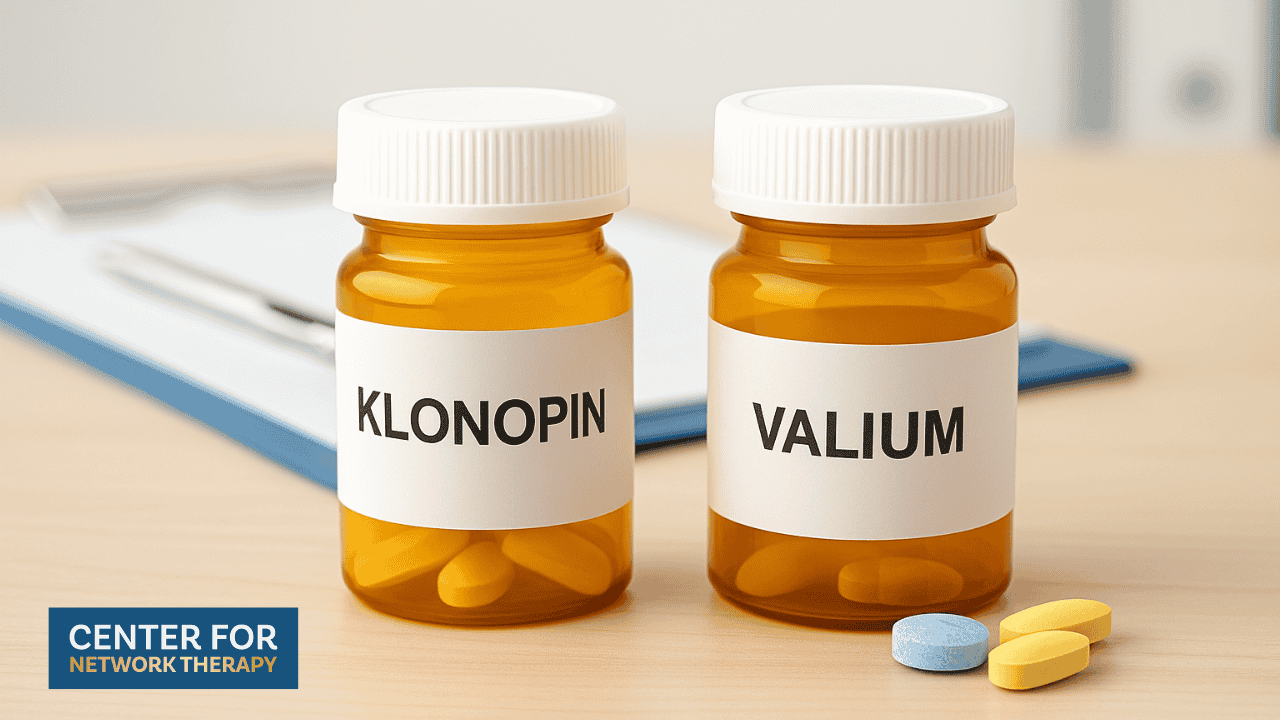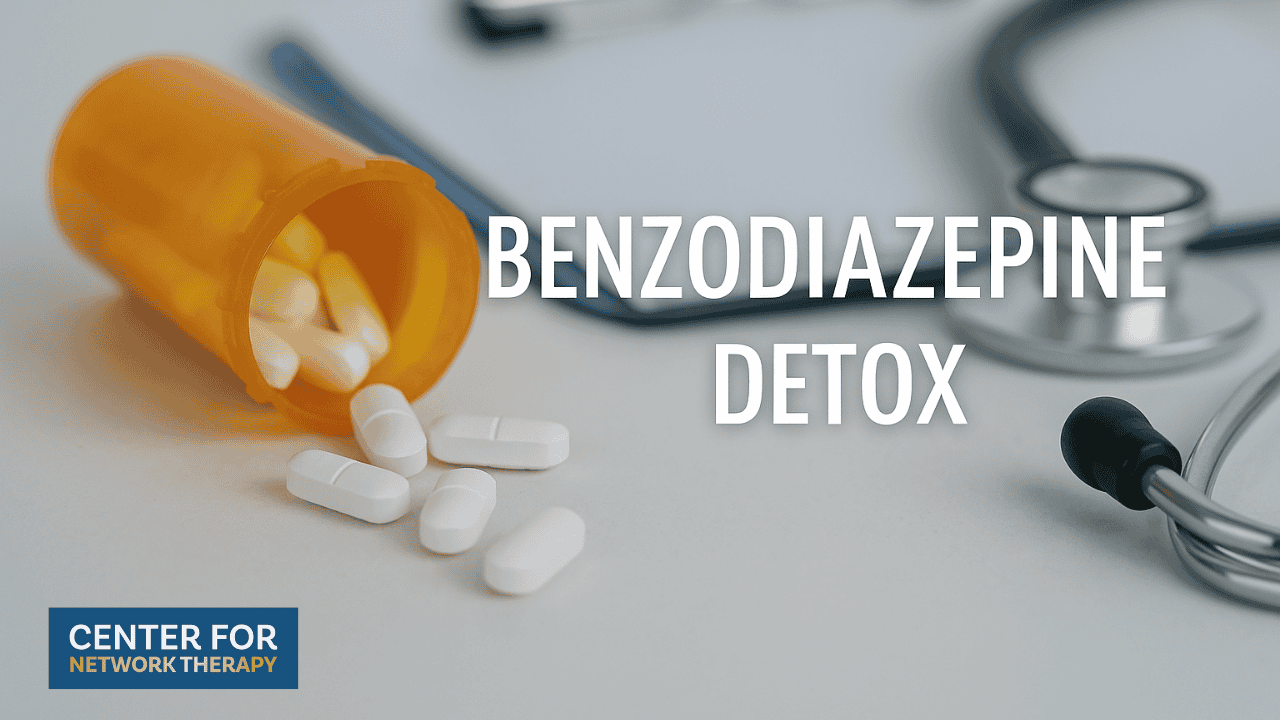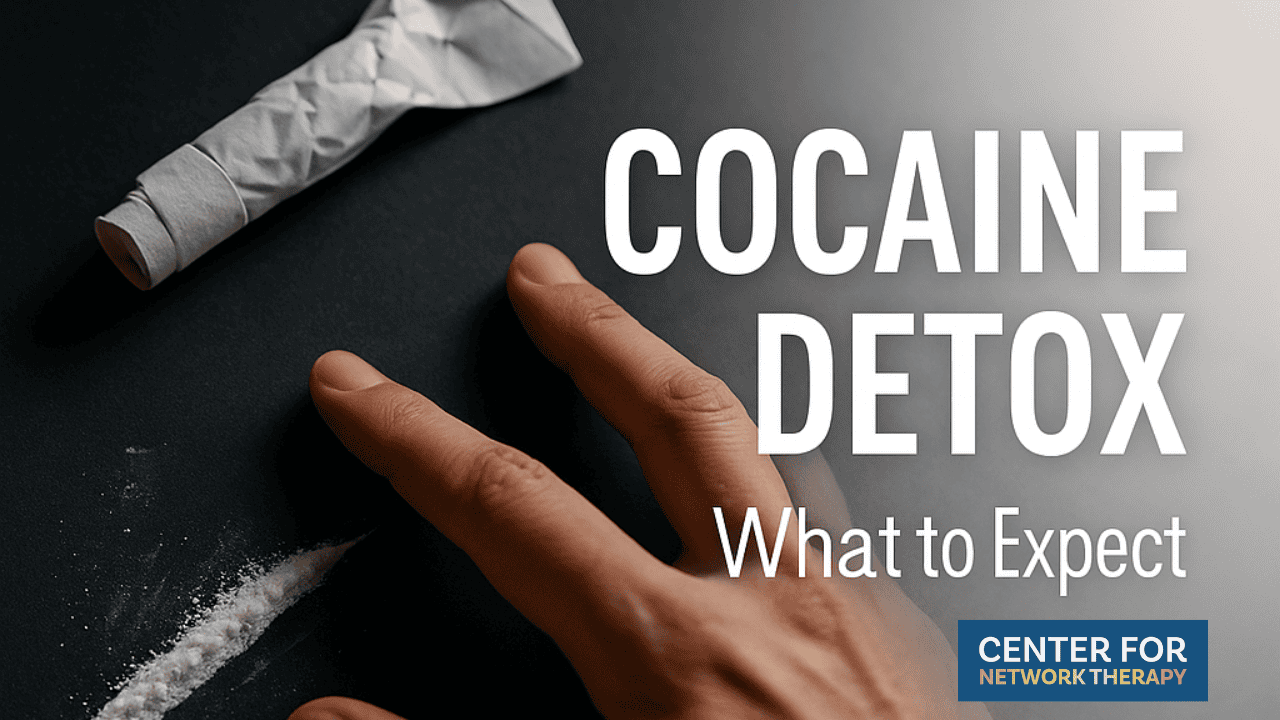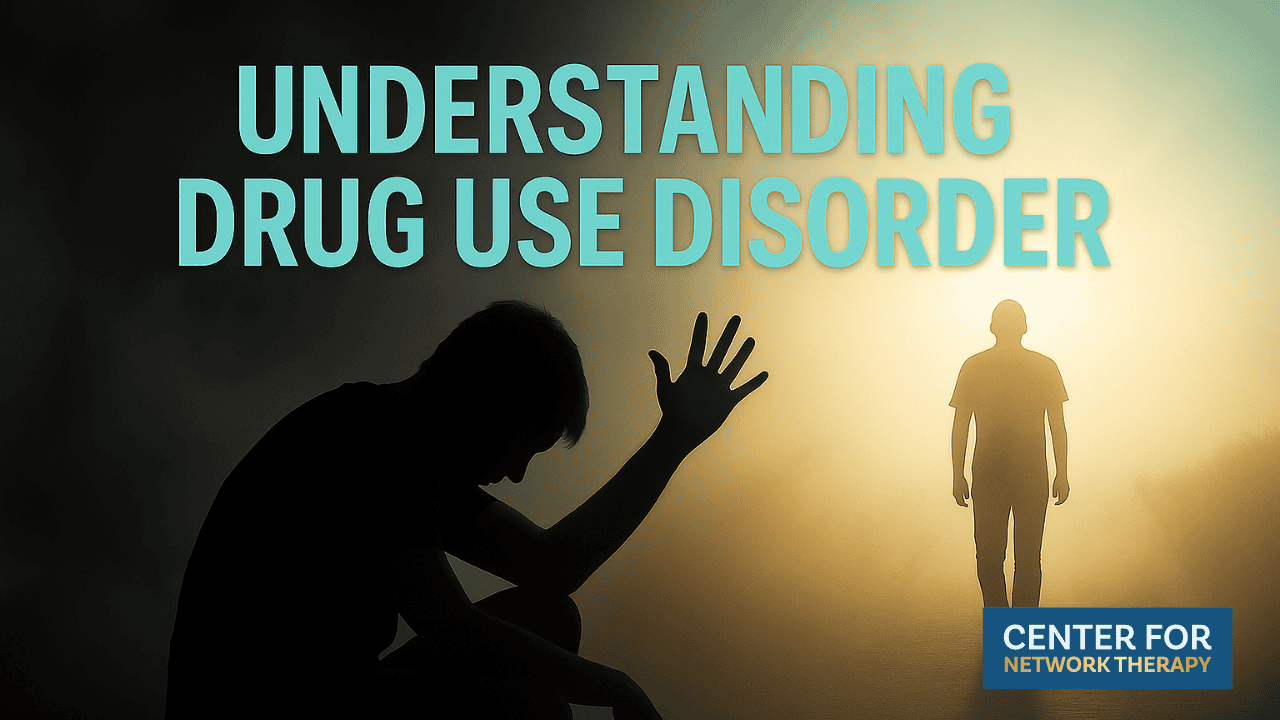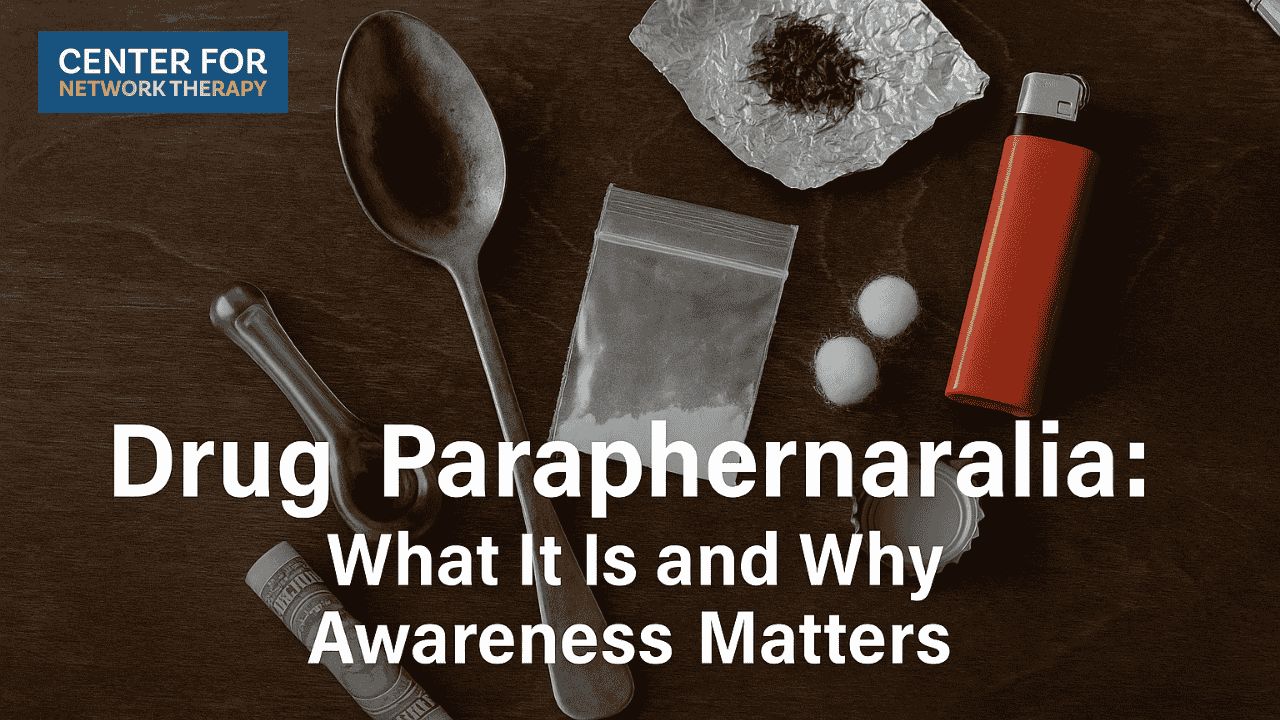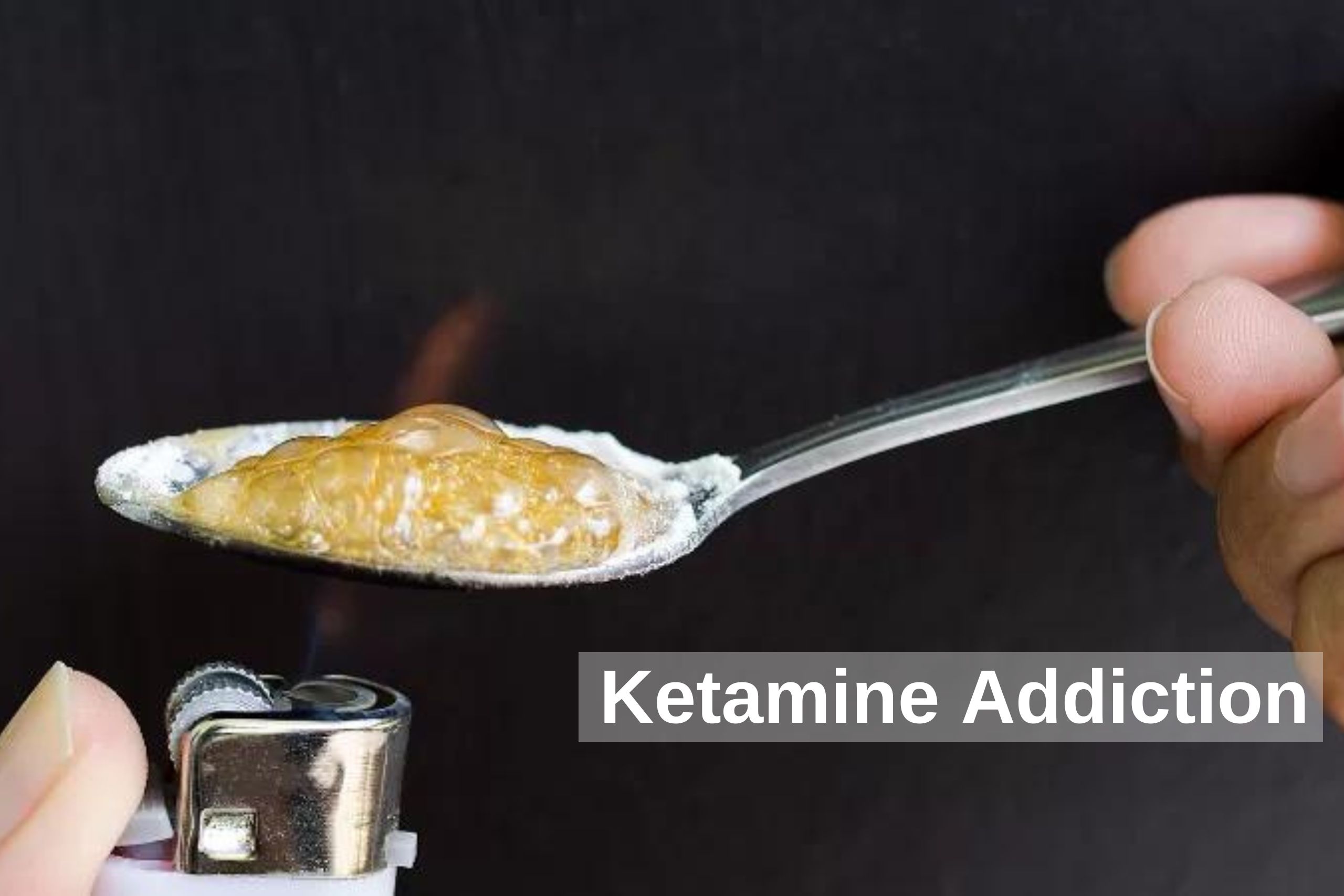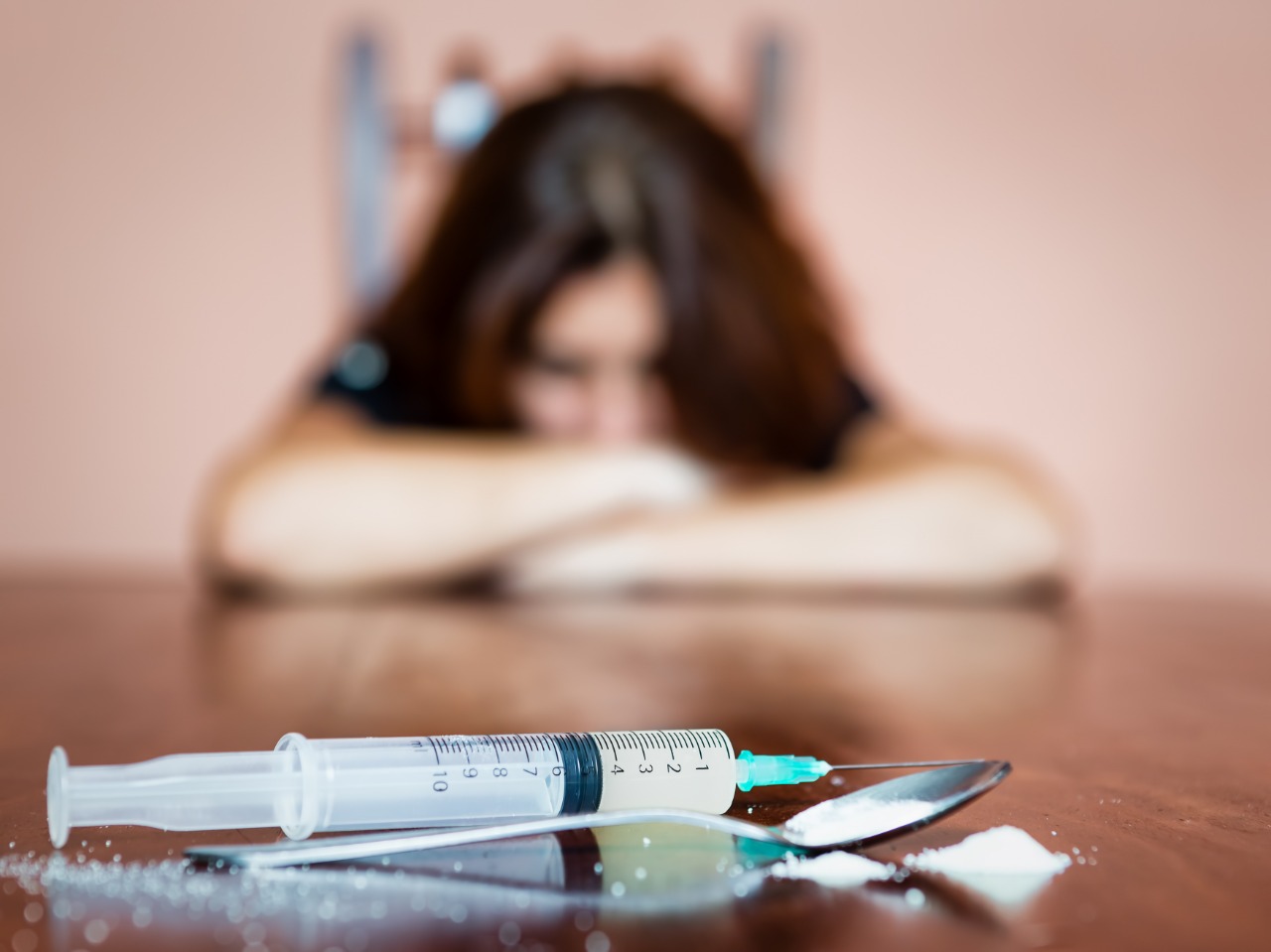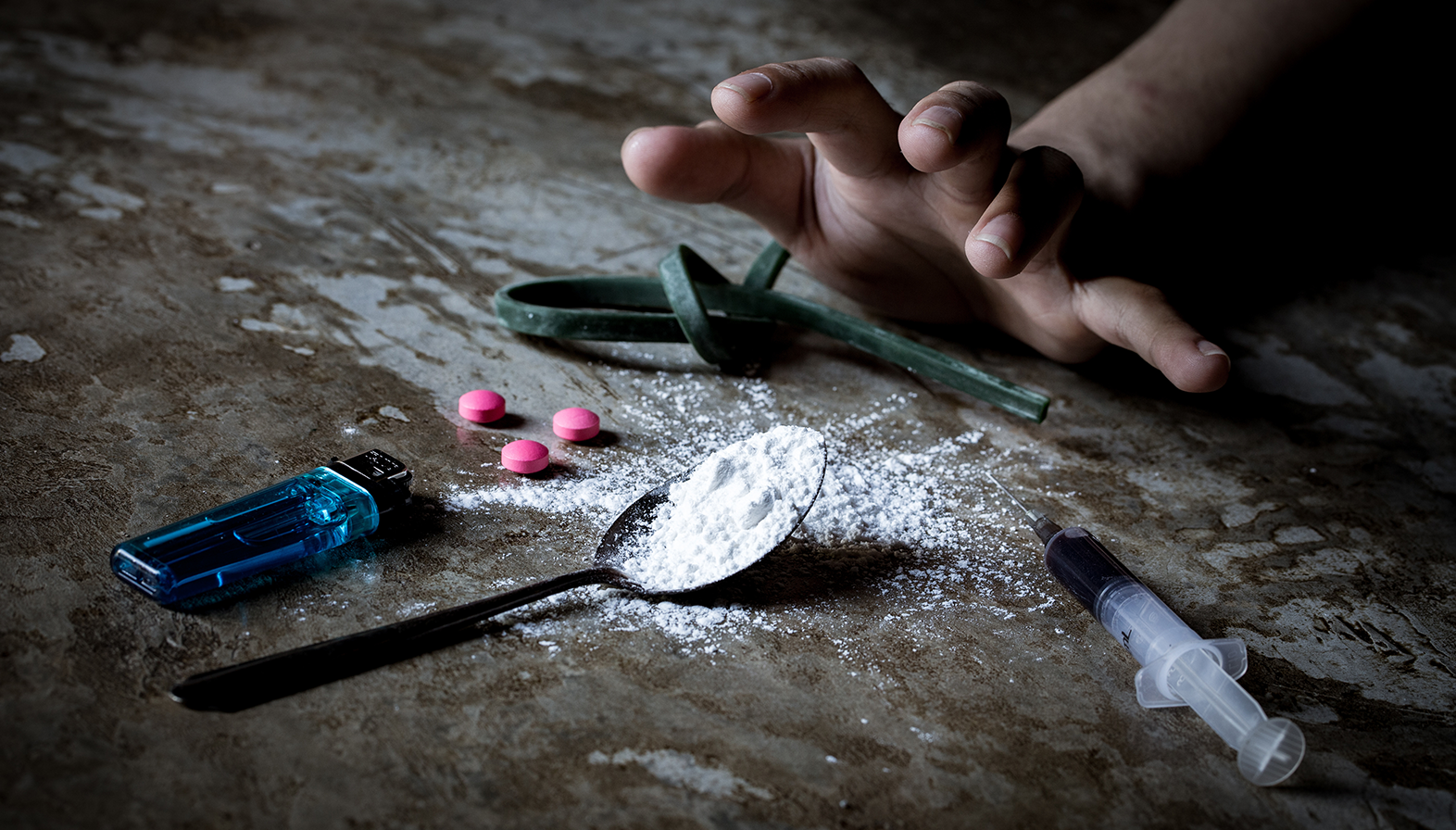Methamphetamine, commonly known as meth, is a highly addictive stimulant that affects the central nervous system. Recognizing its signs can be a crucial first step in helping someone seek help, especially when visual or behavioral cues aren’t obvious. One of the lesser-known but revealing indicators is its smell.
Table of Contents
ToggleThe Distinct Smell of Meth
Meth is often described as having a strong, unpleasant odor. People who have encountered meth report that it can smell like:
- Ammonia (like window cleaner or cat urine)
- Vinegar
- Chemicals or solvents (like nail polish remover or paint thinner)
- Rotten eggs or sulfur
These odors come from the toxic chemicals used in meth production, many of which are household items like acetone, lithium, anhydrous ammonia, and red phosphorus. Because of this, places where meth is used or manufactured may carry a lingering chemical or sour odor.
Why Does Meth Smell This Way?
The odor is mainly due to the way meth is made. Meth labs use volatile and harmful ingredients, and improper handling or makeshift setups can result in lingering smells. Even meth that is smoked can leave behind a sharp chemical odor on clothes, furniture, or skin.
Smoked meth in particular produces a burnt, acrid smell that may resemble burnt plastic or cleaning agents. In some cases, meth users themselves might carry a faint chemical scent.
Smell as a Sign of Use or Production
Recognizing meth odor isn’t just about detection; it can also be a safety concern. Meth production can release hazardous fumes that are harmful when inhaled. If you notice a combination of unusual chemical smells, especially in a home or enclosed space, it could indicate meth use or an active lab; and professional help should be sought immediately.
Other Signs to Watch For
While odor alone is not a definitive sign, it can accompany other symptoms of meth use, such as:
- Increased energy or erratic behavior
- Weight loss and loss of appetite
- Insomnia
- Paranoia or aggression
- Burn marks on fingers or lips (from smoking)
A Note on Safety and Support
If you suspect someone is using meth or may be living in an environment where meth is present, it’s important to approach the situation with care. Avoid confrontation and focus on creating a safe space for them to seek help.
How Outpatient Detox Can Help?
Meth addiction is complex, but recovery is possible. At the Center for Network Therapy (CNT), our outpatient detox programs allow individuals to begin recovery while continuing their daily responsibilities. With evidence-based treatment and professional supervision, we help patients stabilize physically and emotionally as they take their first steps toward long-term recovery.
For more information, visit our Outpatient Detox Program or call us at 732-484-9661.
This blog is intended for educational purposes only and does not replace medical advice. If you or a loved one is struggling with meth use, our team is here to help. Take our confidential quiz to explore your options and learn how we can support you.




